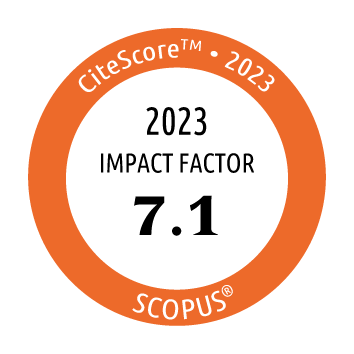|
Background:
Bronchial asthma is
a chronic
respiratory disorder
characterized by
airway inflammation,
airway
hyperresponsiveness,
and periodic
reversible airway
obstruction. Subtype
2 helper T cell
(TH2) cytokines play
an important role in
the development of
allergic airway
inflammation in
patients with
bronchial asthma.
Objective: To
investigate whether
the
single-nucleotide
polymorphisms (SNPs)
Ile75Val and
Gln576Arg in the
IL4RA gene, 33C>T
in the IL4 gene, and
Gly237Glu in the
FCER1B gene
contribute to the
development and
severity of atopic
bronchial asthma in
Russian patients
from Moscow.
Methods: We
analyzed DNA samples
from 224 patients
with atopic
bronchial asthma and
172 healthy
individuals.
Genotyping was
performed by primer
extension followed
by matrix-assisted
laser
desorption/ionizationtime
of fl ight mass
spectrometry.
Results: We
observed a moderate
association between
the Arg/Arg genotype
of Gln576Arg and
protection against
asthma (odds ratio
[OR], 0.16; P<.012)
and a strong
association between
the T allele and TT
genotype of 33C>
and atopic bronchial
asthma (OR, 1.91 and
4.65, respectively;
P<.0001). Carriers
of the C allele had
a reduced risk of
asthma (OR, 0.53;
P<.0001).
Furthermore, we
found that the TT
genotype of 33C>T
correlated with
higher
concentrations of
total serum
immunoglobulin E and
interleukin 4 than
the CC and CT
genotypes.
Conclusion:
We found an
association between
atopic bronchial
asthma and the SNPs
Gln576Arg in IL4RA
and 33C>T in IL4.
IL4RA and IL4 seem
to be involved in
the pathogenesis of
asthma.
Key words:
Atopic bronchial
asthma. SNP.
Association. IL4RA.
IL4. FCER1B.
|




